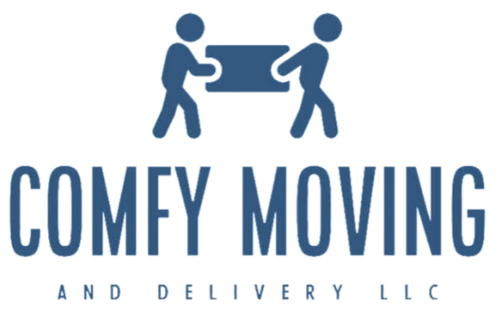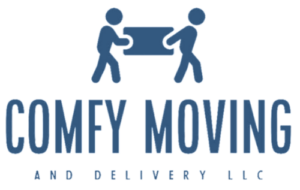Differences Between Local and Long Distance moving
When planning a move, one of the first steps is deciding between a local and a long-distance relocation. These two types of moves differ not only in distance but also in preparation, costs, and logistical requirements. Understanding these differences will help you prepare better and choose a good moving company that suits your needs.
1. What is a Local Move?
Local moves typically cover distances within the same city or neighboring towns, often less than 50 miles. These moves generally take only a few hours to a day, and the costs are usually lower. Moving companies for local relocations often charge by the hour, making it easier to estimate costs. For those seeking an inexpensive moving company, a local move can be an affordable and budget-friendly option.
2. What is a Long-Distance Move?
A long-distance or interstate move involves transportation over 50 miles, often requiring significantly more time and resources. The cost for a long-distance move is calculated based on the weight of your belongings and the distance, making it more expensive and requiring detailed planning. A long-distance move may take several days and include additional charges for fuel and services. If you’re looking for the cheapest moving company for a long-distance relocation, it’s a good idea to request a precise moving company quote in advance.
3. Key Differences in Pricing and Services
When comparing local and long-distance moves, the primary factor is cost. How much is a moving company for a local relocation can be significantly different from a similar service for a long-distance move. For instance, local companies often work with an hourly rate and a minimum number of hours, allowing for better budget control. In contrast, long-distance moves base their charges on weight and distance, which may require a more detailed approach to selecting an inexpensive moving company.
4. Residential vs. Commercial Moves
Besides distance, the type of move also affects the process. A residential moving company handles the relocation of household items, personal belongings, and appliances, often including packing and unpacking services. A commercial moving company, on the other hand, manages office relocations, which can be more complex and costly due to the equipment involved. When choosing a commercial moving company, consider their experience with similar projects and their access to specialized equipment.
5. Choosing a Good Moving Company
The key to a successful move is selecting a reliable and experienced company. A good moving company will not only provide transparent terms but also offer a clear cost estimate. Request a moving company quote in advance to know the final amount and to pick a good moving company that aligns with your expectations.
6. Importance of Insurance and Licensing
For long-distance moves, it’s essential to verify that the company has proper licensing and insurance, especially when transporting personal or office items across states. A reputable company will ensure that your belongings are insured in case of damage during the move, reducing the risks. This applies to both residential and commercial moving companies.
7. Tips for Finding an Inexpensive Moving Company
For those looking for the cheapest moving company, price may be a deciding factor. However, it’s important to remember that a low price doesn’t always indicate quality. Research reviews, ask for recommendations, and plan your budget carefully to avoid unexpected costs. Many inexpensive moving companies offer competitive rates while maintaining high service standards.
Conclusion
Choosing between a local and long-distance move requires consideration of several factors. Whether it’s a short or a long-distance relocation, finding the right moving company can make the process less stressful. Ensure that you select an inexpensive moving company that offers the best balance of price and quality, and request a moving company quote for an accurate cost estimate.









